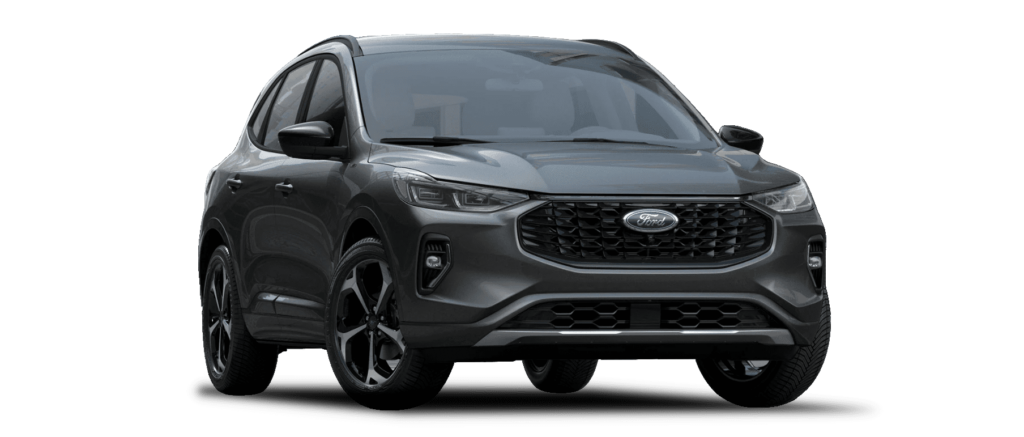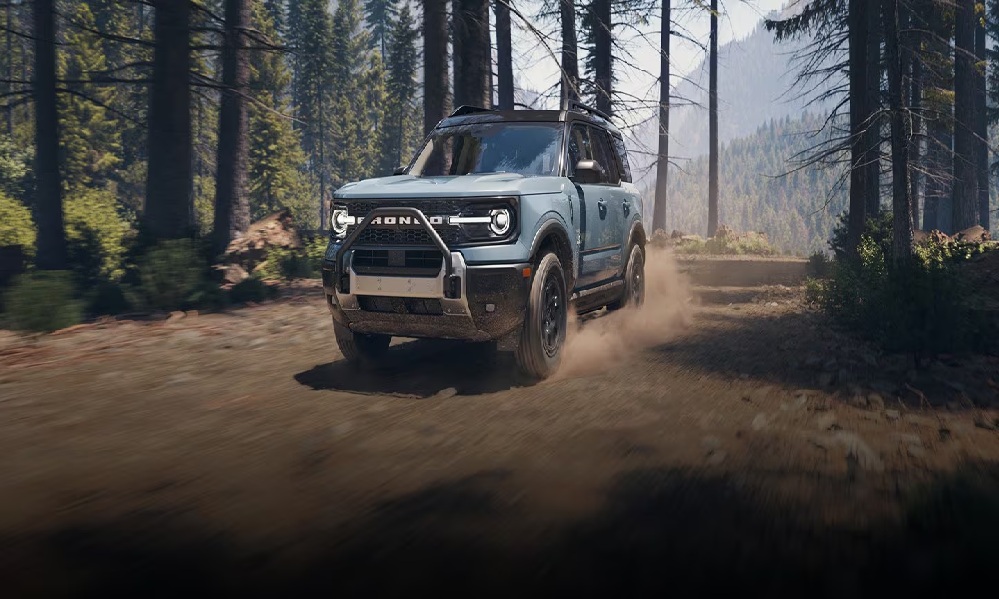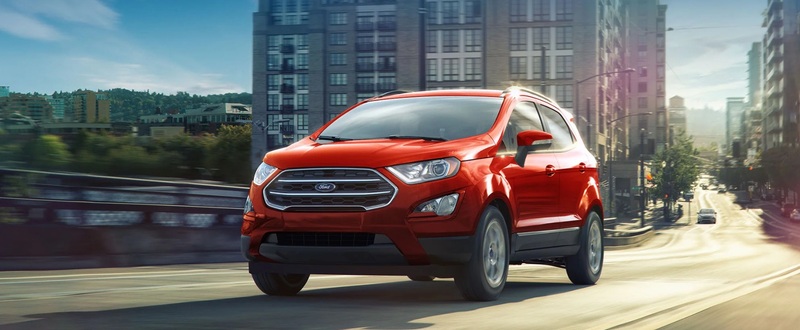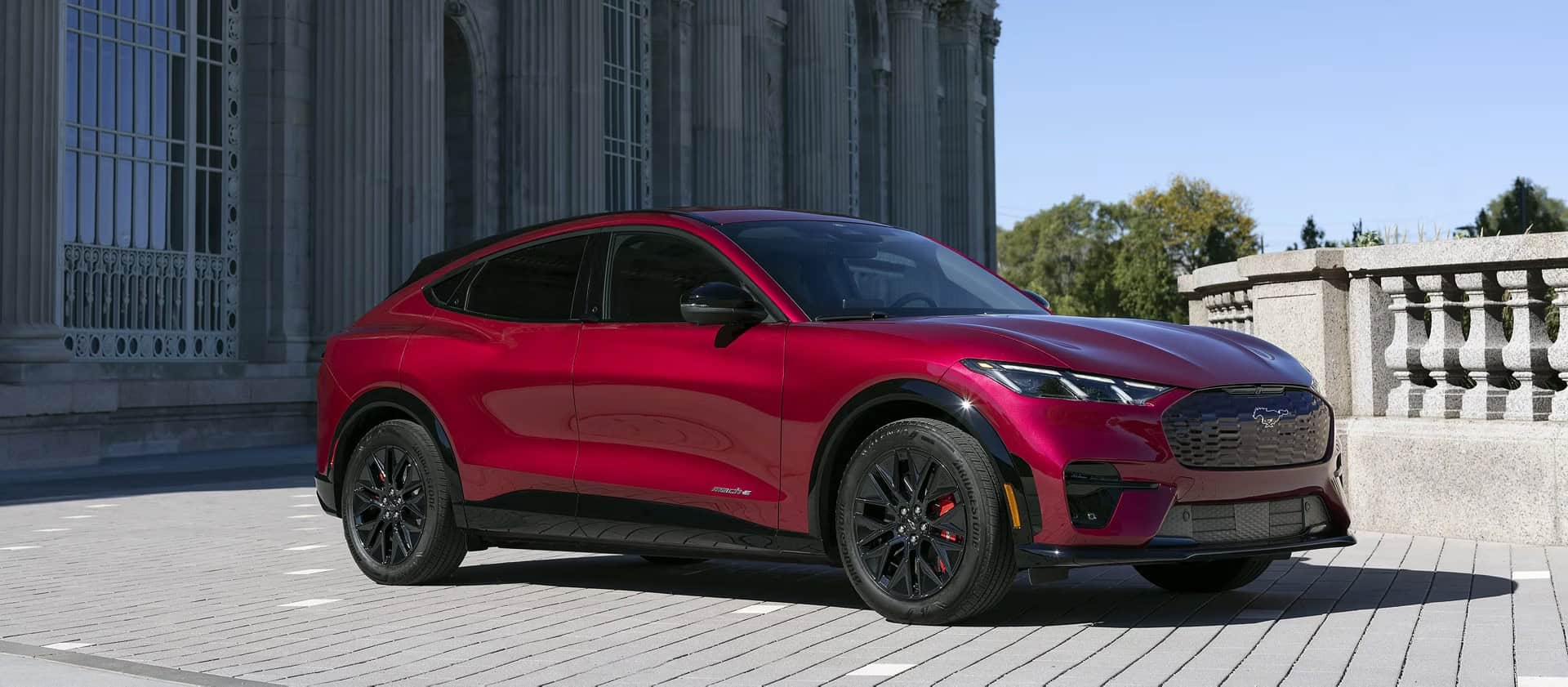Understanding the Variances between Cars and SUVs
Are you in the market for a new vehicle near Nepean, Barrhaven and Kanata but are confused by all the available options? Look no further! This comprehensive guide will delve into the differences between cars and SUVs, helping you make an informed decision that suits your lifestyle and preferences. While both cars and SUVs serve … Continued
Are you in the market for a new vehicle near Nepean, Barrhaven and Kanata but are confused by all the available options? Look no further! This comprehensive guide will delve into the differences between cars and SUVs, helping you make an informed decision that suits your lifestyle and preferences. While both cars and SUVs serve the purpose of transportation, they possess distinct characteristics that set them apart. Cars are known for their sleek design, fuel efficiency, and agile handling, making them ideal for city driving and commuting. On the other hand, SUVs offer a spacious and versatile interior, higher ground clearance, and enhanced towing capabilities, making them perfect for families, outdoor enthusiasts, and those who require additional cargo space.
By understanding each vehicle type’s unique features and benefits, you can confidently choose the one that matches your needs and desires. So, let’s embark on this journey together and unravel the distinctions between cars and SUVs, ensuring you make a choice that will exceed your expectations!

Key Differences between Cars and SUVs
When comparing cars and SUVs, some key differences arise regarding size, seating capacity, and cargo space. Cars are generally smaller, making them more maneuverable and easier to park in crowded urban areas. They often have two or four doors and offer seating for up to five passengers. The compact size of cars also means they have less cargo space than SUVs. However, advancements in design and technology have allowed car manufacturers to maximize interior space, providing ample legroom and storage compartments.
On the other hand, SUVs are characterized by their larger size and higher ground clearance, which provides enhanced visibility on the road and makes them better suited for off-road adventures. SUVs typically have two or three rows of seating, accommodating up to seven or eight passengers, depending on the model. The additional space in SUVs also translates to more cargo capacity, allowing you to transport larger items or luggage for family trips. Whether you need to haul camping gear, sports equipment, or groceries, an SUV offers versatility to meet your needs.
In terms of design, cars are often sleek and aerodynamic, emphasizing style and fuel efficiency. Conversely, SUVs have a more rugged and muscular appearance, exuding a sense of power and capability. The distinct sizes and aesthetics of cars and SUVs allow individuals to choose a vehicle that aligns with their preferences and lifestyle.
Performance Variations
While both cars and SUVs serve the purpose of transportation, their performance characteristics vary significantly. Cars are renowned for their nimble handling and agility on the road. With their lower center of gravity and lighter weight, cars can easily navigate corners and tight spaces. This agility makes them an excellent choice for city driving, where maneuverability is crucial. Additionally, cars often offer better fuel efficiency compared to SUVs. The smaller size and reduced weight allow for more efficient energy use, resulting in lower fuel consumption and cost savings over time.
On the other hand, SUVs prioritize power and versatility. Due to their larger size and higher ground clearance, SUVs may handle slower than cars, especially in tight turns. However, they are designed to tackle various terrains, including rough roads and unpaved surfaces. SUVs often come with all-wheel-drive or four-wheel-drive systems, enhancing traction and stability in challenging conditions, which makes them ideal for individuals who enjoy outdoor activities or live in areas with harsh weather conditions. Additionally, SUVs offer enhanced towing capabilities, allowing you to tow trailers, boats, or other heavy loads easily. If you frequently engage in activities requiring towing, an SUV may be the more suitable option.
When it comes to fuel efficiency, it’s essential to consider the trade-off between power and consumption. While SUVs may not be as fuel-efficient as cars, advancements in technology have significantly improved their efficiency. Many SUV models now feature hybrid or electric options, giving consumers a greener and more economical choice. It’s important to assess your daily driving habits and prioritize your needs when considering the performance variations between cars and SUVs.
Factors to Consider when Choosing Between a Car and an SUV
When deciding between a car and an SUV, there are several factors you should take into consideration. Your lifestyle, budget, and specific needs will significantly determine the most suitable vehicle for you. Let’s explore these factors in more detail:
Lifestyle
Your lifestyle is a crucial factor to consider when choosing between a car and an SUV. A car might be better if you live in a bustling city like Nepean, frequently navigate tight parking spaces heading into downtown Ottawa, and have a minimal need for extra cargo space. Cars are designed with urban environments in mind, offering better maneuverability and fuel efficiency. They are also popular for individuals with long commutes or those who prioritize style and comfort.
Tips and Tricks to Try After Purchasing a Ford Mustang Mach E
On the other hand, if you live in Barrhaven, have a family, enjoy outdoor activities, or require additional cargo space for work or hobbies, an SUV may be the more suitable choice. SUVs provide ample seating capacity, making them ideal for families or those who frequently travel with passengers. If you live in Kanata and frequent the local skating rinks, the extra cargo space is excellent for transporting sports equipment like hockey gear, camping gear, or other bulky items. SUVs offer the versatility and adaptability to accommodate various lifestyle needs.
Budget
Your budget is another crucial consideration when choosing between a car and an SUV. Generally, cars tend to be more affordable compared to SUVs. Their smaller size and lower demand contribute to their lower price range. Additionally, cars often have better fuel efficiency, resulting in long-term cost savings on fuel expenses. However, it’s important to note that luxury or high-performance cars can be significantly more expensive than some SUV models.
Conversely, SUVs often come with a higher price tag due to their larger size and additional features. The increased seating capacity, towing capabilities, and advanced technology in SUVs contribute to their higher cost. It’s essential to assess your budget and determine how much you are willing to spend on a vehicle. Consider the long-term costs, including fuel consumption, maintenance, and insurance, to make an informed decision.
Needs
Lastly, your specific needs should guide your decision between a car and an SUV. Consider the primary purpose of your vehicle and the features that are essential to you. If you primarily use your vehicle for commuting, running errands, and occasional road trips, a car might be the more practical choice. Cars excel in urban environments, offering better maneuverability and fuel efficiency. Additionally, a car could be the perfect fit if you prioritize style, comfort, and a smooth driving experience.
Blog News at:
Used Cars VS New Cars: Making the Right Choice for You
Expert Tips for Choosing the Perfect Used Car
10 Essential Tasks to Keep Your Ford F-150 Running Like New
On the other hand, if you have a growing family, frequently engage in outdoor activities, or require towing capabilities, an SUV may better suit your needs. SUVs offer spacious interiors, accommodating more passengers and providing ample cargo space. They are also equipped to handle various terrains and weather conditions, making them an excellent choice for outdoor enthusiasts. An SUV’s towing capabilities will be advantageous if you frequently tow trailers, boats, or other heavy loads.
Pros and Cons of Cars
Cars have their own advantages and disadvantages, which should be considered when making a decision. Let’s explore the pros and cons of cars:
Pros of Cars
- Fuel Efficiency: Cars are known for their fuel efficiency, providing cost savings on fuel expenses over time. With their smaller size and lighter weight, cars consume less fuel than SUVs, which makes them an economical choice for individuals with long commutes or those who prioritize environmental sustainability.
- Maneuverability: Cars are designed for urban environments, offering excellent maneuverability. Their compact size allows for easy navigation through tight spaces and busy roads, which makes them ideal for city driving and commuting.
- Sleek Design: Cars often feature sleek and aerodynamic designs, emphasizing style and aesthetics. If you appreciate a visually appealing vehicle, cars offer many options to suit your taste.
Cons of Cars
- Limited Space: Cars generally have limited seating capacity and cargo space compared to SUVs. A car may not be the most practical choice if you have a large family or frequently transport bulky items.
- Less Versatility: Cars are less versatile than SUVs when handling various terrains or weather conditions. A car may not meet your needs if you regularly engage in outdoor activities or live in an area with challenging road conditions.
- Lower Ground Clearance: Cars have lower ground clearance than SUVs, making them more susceptible to scraping the bottom on uneven roads or speed bumps.
Pros and Cons of SUVs
SUVs also come with their own set of advantages and disadvantages. Let’s explore the pros and cons of SUVs:
Pros of SUVs
- Spacious Interior: SUVs offer ample seating capacity and cargo space, making them ideal for families and individuals who require extra room. The additional space allows for more comfortable travel and the ability to transport large items or luggage.
- Versatility: SUVs are designed to handle various terrains and weather conditions. With their higher ground clearance and optional all-wheel drive or four-wheel drive systems, SUVs can tackle rough roads and off-road adventures.
- Towing Capabilities: SUVs have enhanced towing capabilities, allowing you to tow trailers, boats, or other heavy loads. If you frequently engage in activities that require towing, an SUV will provide the necessary power and stability.
Cons of SUVs
- Lower Fuel Efficiency: SUVs typically consume more fuel than cars due to their larger size and weight. However, technological advancements have improved the fuel efficiency of many SUV models.
- Less Maneuverability: SUVs are larger and less maneuverable compared to cars. Navigating tight spaces or crowded urban areas can be more challenging in an SUV.
Higher Cost: SUVs often come with a higher price tag than cars. The larger size, additional features, and higher demand contribute to their higher cost. Considering your budget and assessing the long-term costs associated with owning an SUV is essential.



